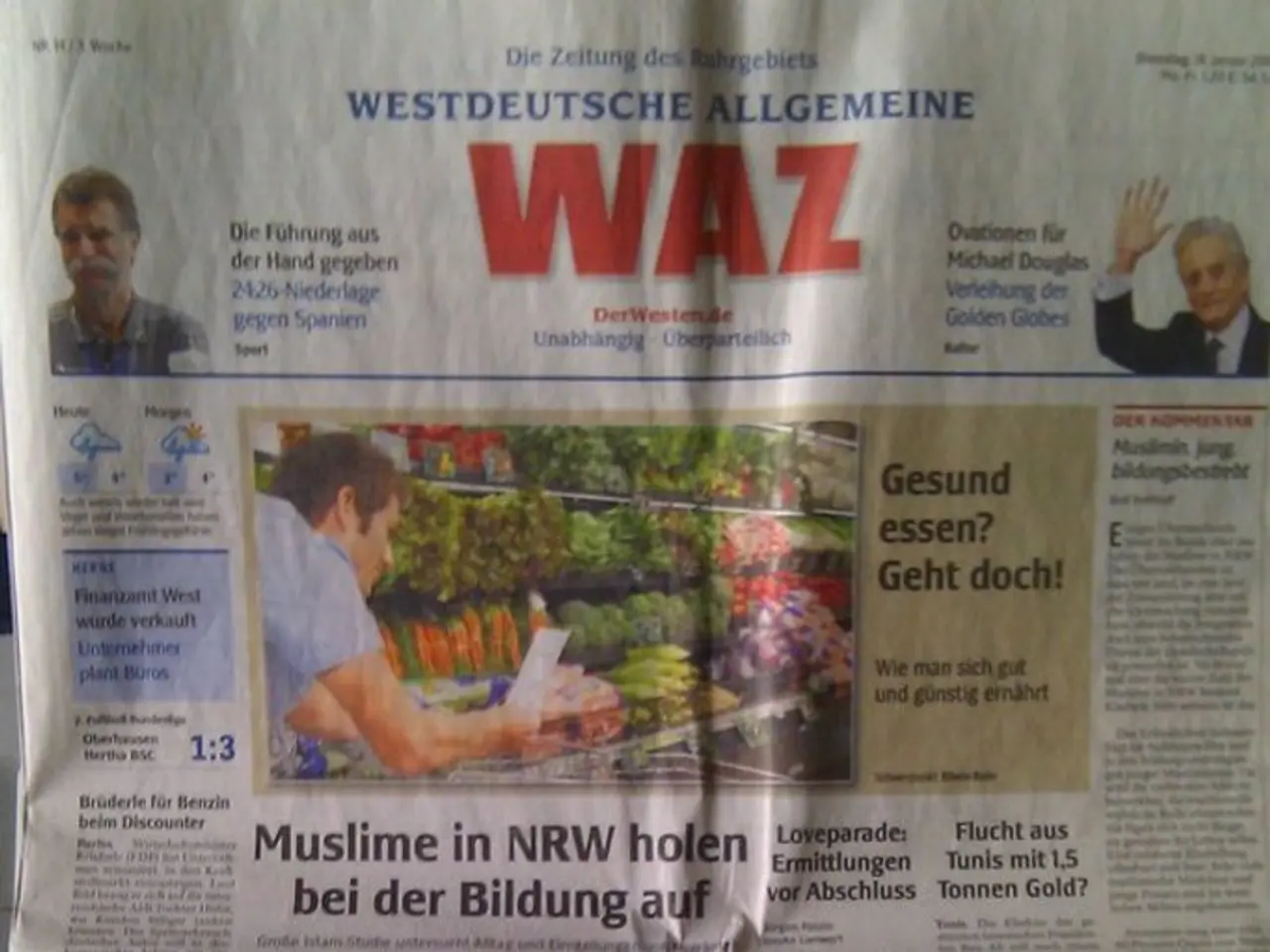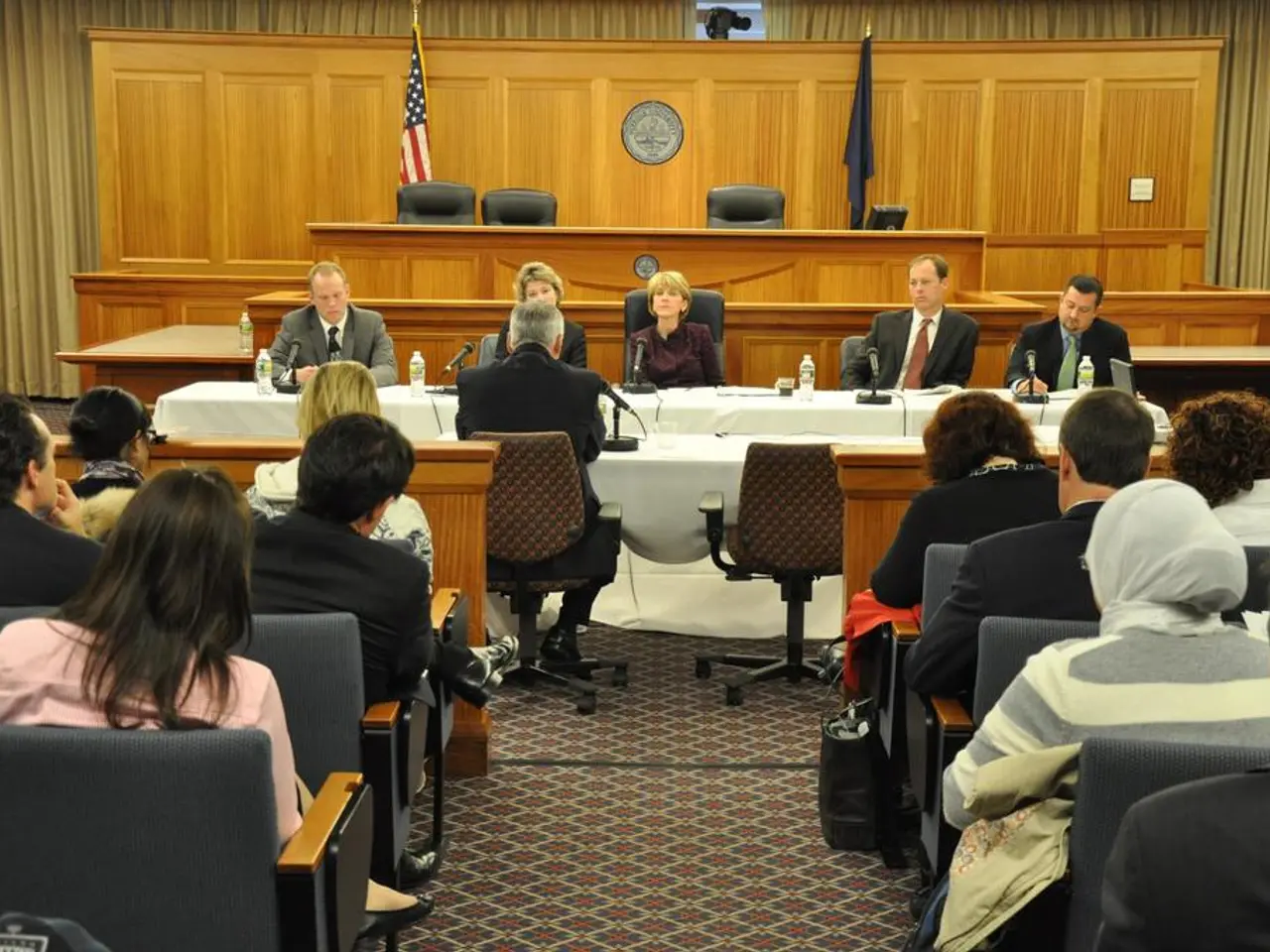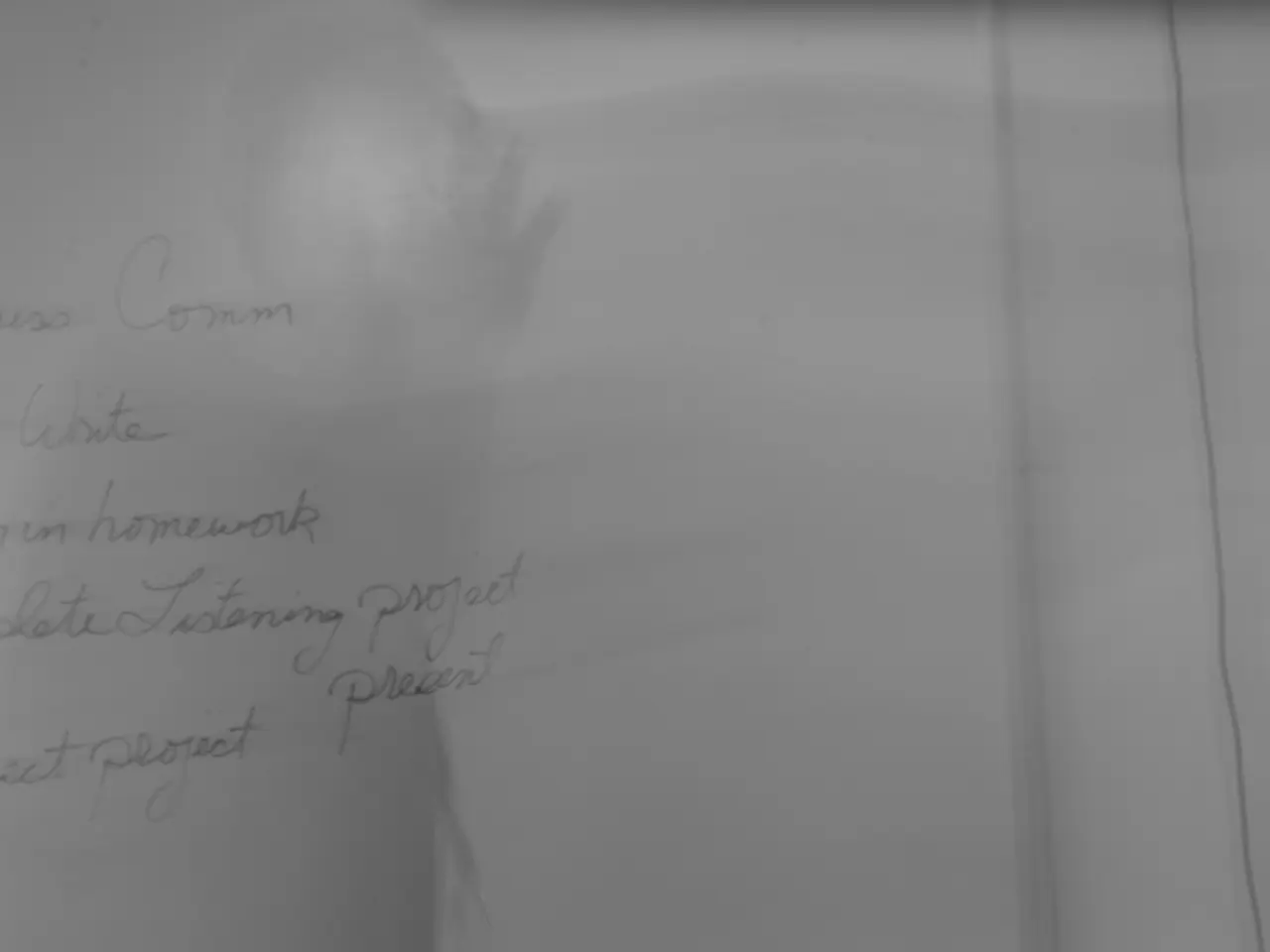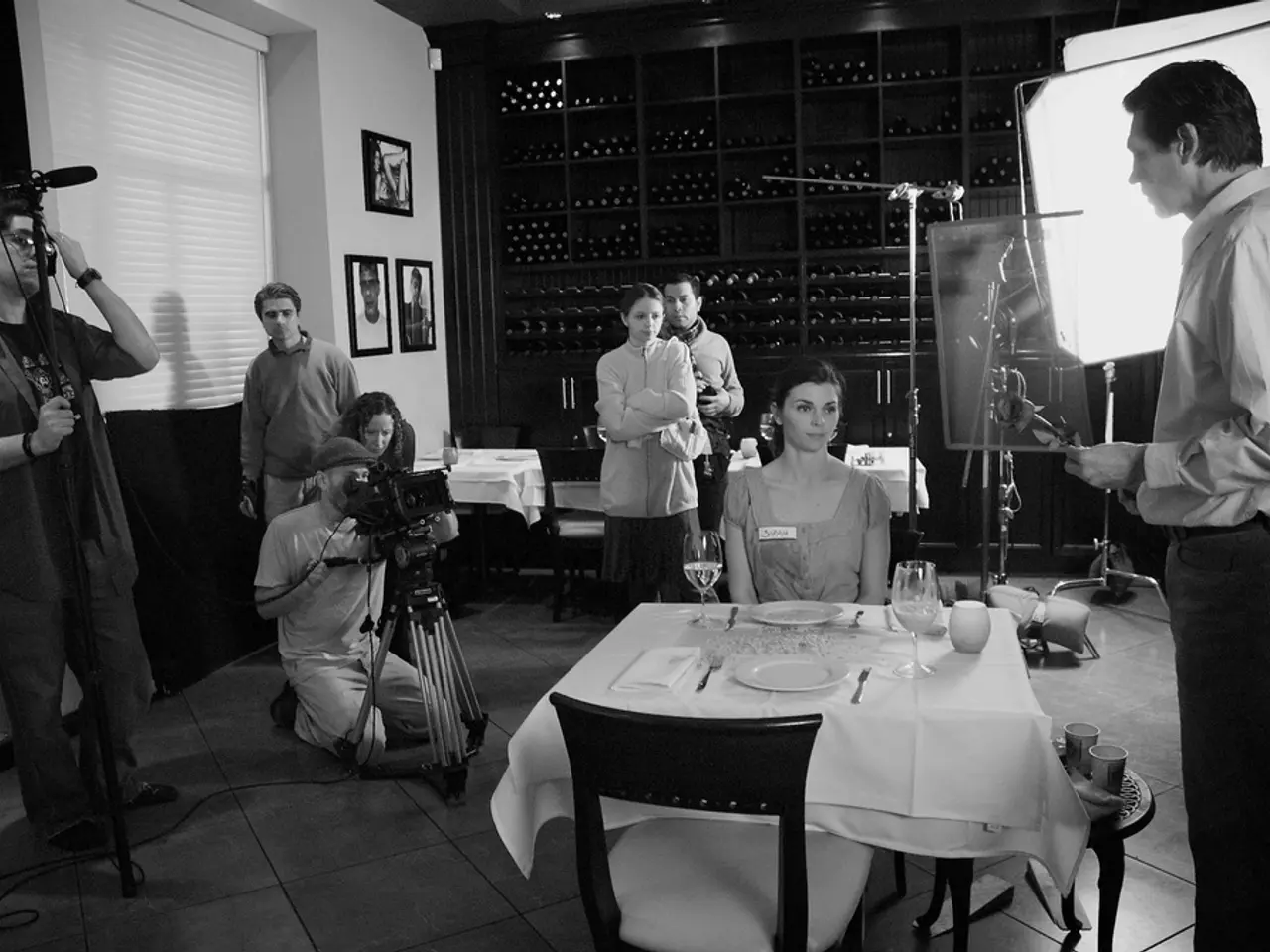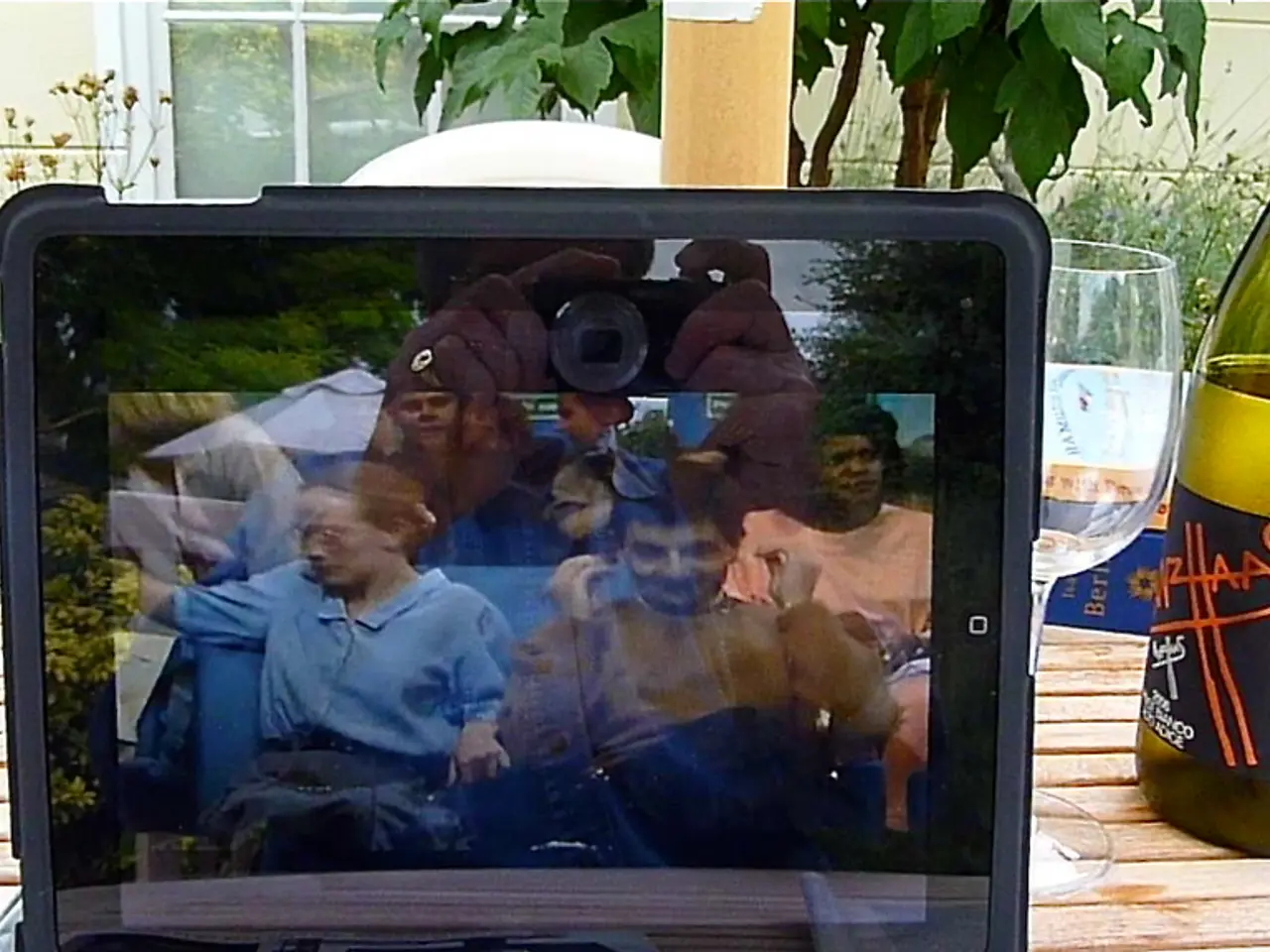Denmark News Roundup: Latest Headlines from Monday
In a recent development, the Danish Chamber of Commerce (Dansk Erhverv) has expressed concern over a new EU-US trade deal, citing a 15% tariff on European exports to the US as a potential hurdle for Danish companies.
The trade agreement, finalized in July 2025, imposes a 15% tariff on most EU exports, including cars, semiconductors, and pharmaceuticals, but exempts key strategic goods such as aircraft, certain chemicals, generic drugs, and some agricultural products from tariffs. This deal came just before a planned 30% reciprocal tariff was to start on August 1, 2025.
Brian Mikkelsen, CEO of the Danish Chamber of Commerce, has voiced his concerns, suggesting that the tariff reduction from a potential 30% to 15% is still a challenge for Danish exporters. The Chamber's stance aligns with the overall European business community's cautious optimism, acknowledging the deal prevents a worse tariff scenario but is still a hurdle for exporters.
Denmark, with its strong export-oriented economy, has a leadership role in shipping and renewables, and the hosting of the TXF Global 2025 export finance conference in Copenhagen in June 2025 highlighted the importance of export finance, infrastructure investment, and trade cooperation amid current geopolitical pressures.
However, the exact stance of the Danish Chamber of Commerce on this issue, specifically in relation to the tariffs imposed on European exports to the US, has not been publicly stated.
Meanwhile, in other news, the Esbjerg audience was given the option of a refund or donating the ticket cost to Muskelsvindfonden following a disrupted concert due to extreme weather. The concert was unfortunately interrupted by a sudden downpour, mid-show, causing organisers to evacuate the festival grounds for safety reasons. Despite this setback, the annual Grøn Koncert, a series of fundraising pop festivals, broke attendance records this year, setting a new record with 199,000 tickets sold for its eight concerts.
In a separate matter, admissions totals for nurses, schoolteachers, social workers, and early childhood educators have dropped by 4%, causing concern within the respective communities. Dorthe Boe Danbjørg, head of the trade union for nurses, is particularly concerned and believes it's important to listen to the reasons behind the decline.
Christina Egelund, Minister for Higher Education and Science, has stated that the government is focused on supporting education programmes that underpin the welfare sector.
In a different political context, several political parties, including the Conservative Party, the Denmark Democrats, the Socialist People's Party (SF), and the Danish People's Party (DF), have called for the reintroduction of a law that would oblige municipalities to maintain all bunkers and bomb shelters so that they remain in a near-usable state. This call comes amidst concerns about the fragile state of global security and the need to reinstate laws for the protection of citizens.
However, prior to 2003, a law existed requiring local authorities to ensure that shelters could be operational within 24 hours. After it was scrapped, some shelters have fallen into disrepair. The exact time limit for bomb shelters to become usable isn't the main issue, Abildgaard said.
References: [1] https://www.reuters.com/business/eu-us-trade-deal-2021-12-10/ [2] https://www.politico.eu/article/us-eu-trade-deal-tariffs-spat-trump-brussels/ [3] https://www.reuters.com/article/us-denmark-export-finance/denmark-hosts-export-finance-conference-amid-geopolitical-pressures-idUSKBN28Z2B3 [4] https://www.politico.eu/article/amcham-eu-welcomes-eu-us-trade-deal-but-warns-of-high-tariffs/
- The EU-US trade deal, finalized in July 2025, not only includes a 15% tariff on European exports such as cars, semiconductors, and pharmaceuticals, but also relegates key strategic goods to tariff exemption, causing concern for policy-and-legislation, particularly the Danish Chamber of Commerce, who view this as a potential hurdle for Danish companies in the art, science, and general-news sectors.
- The 15% tariff reduction on European exports to the US, though it averted a 30% reciprocal tariff set to start on August 1, 2025, is still perceived as a daunting challenge for Danish exporters, a stance echoed by the overall European business community.
- While Denmark focuses on supporting education programs that underpin the welfare sector, according to Christina Egelund, Minister for Higher Education and Science, admissions totals for nurses, schoolteachers, social workers, and early childhood educators have dropped by 4%, causing concern within these professional communities, notably the trade union for nurses, who insist on exploring the reasons behind the decline.
